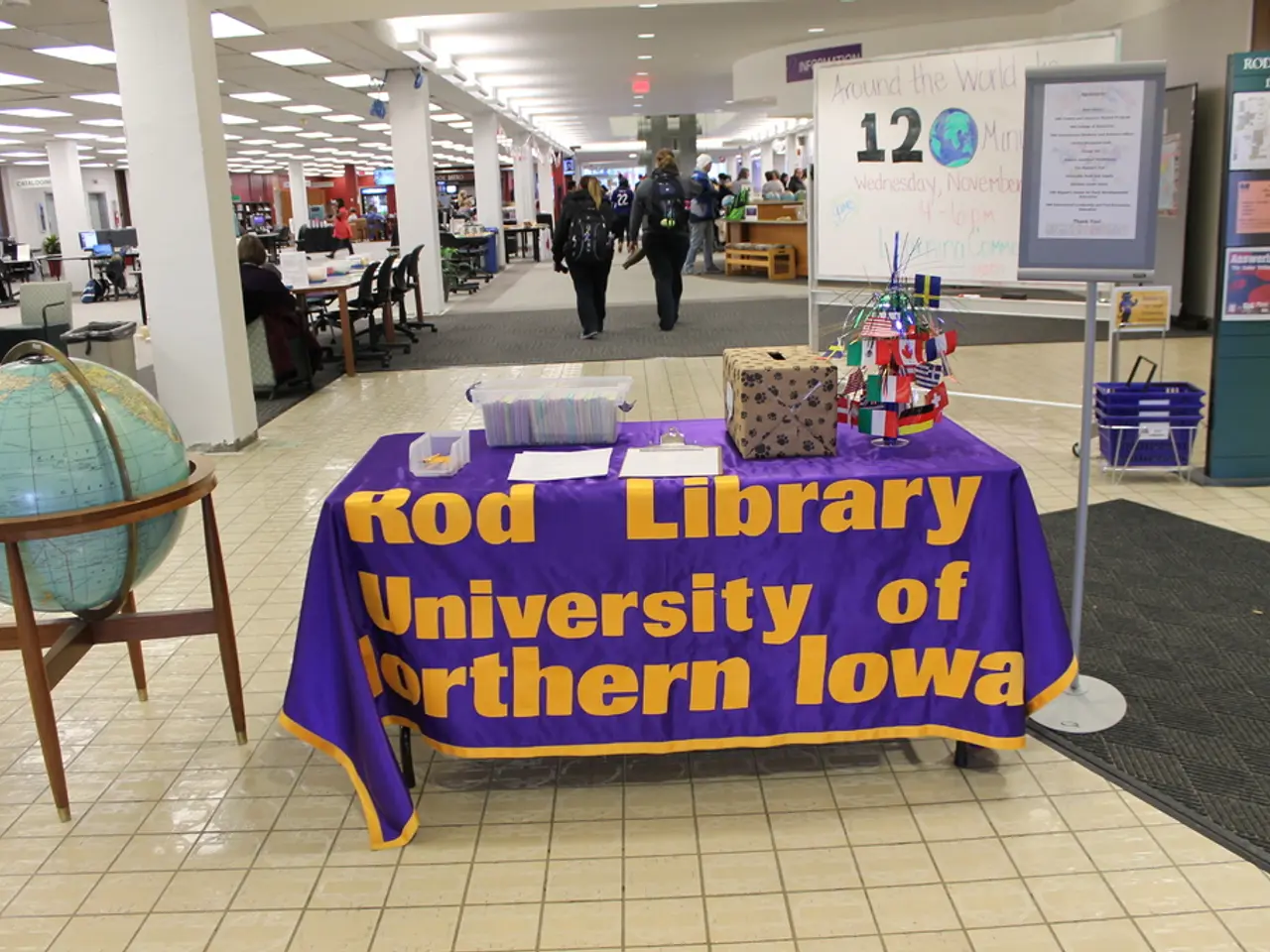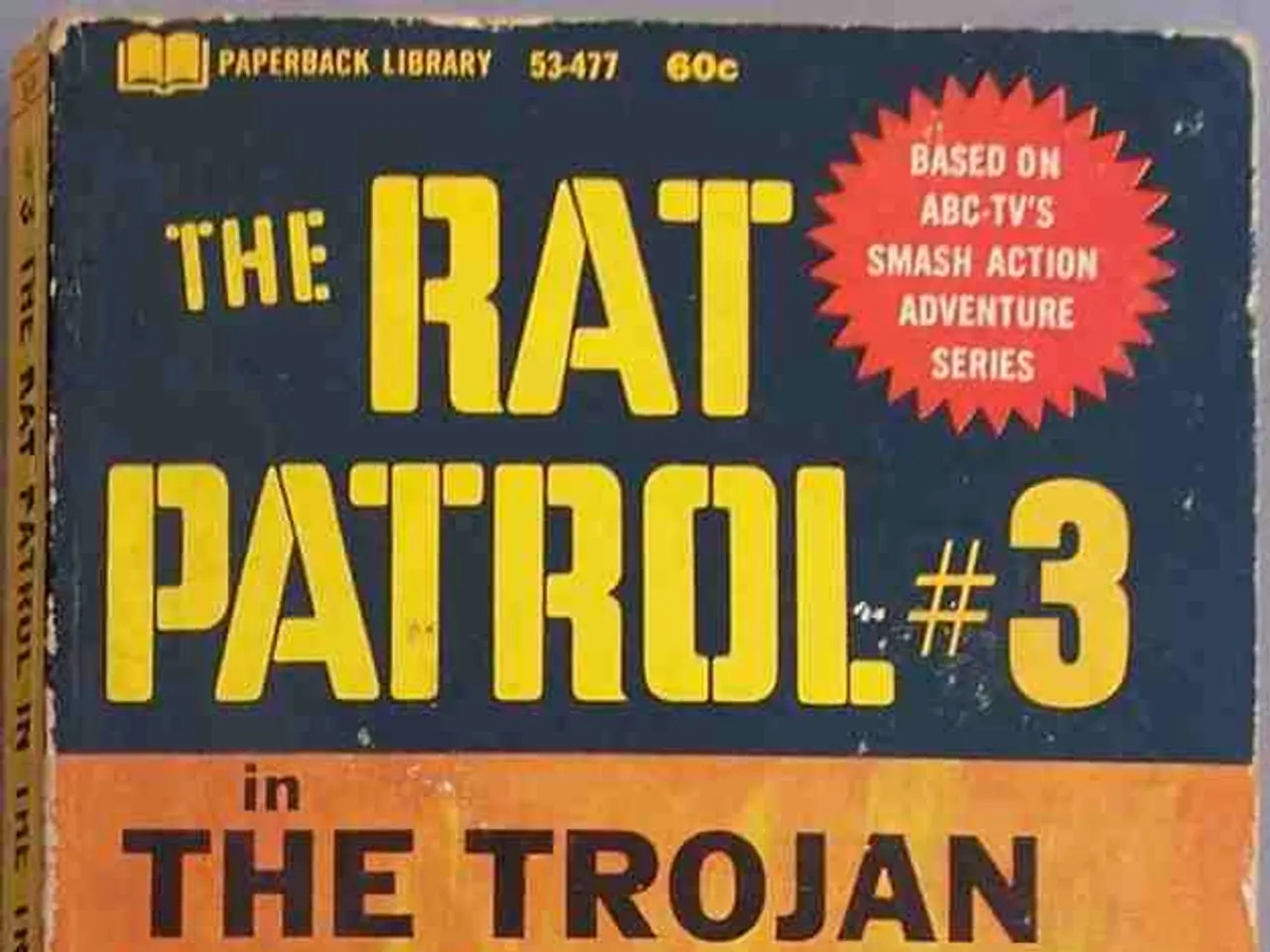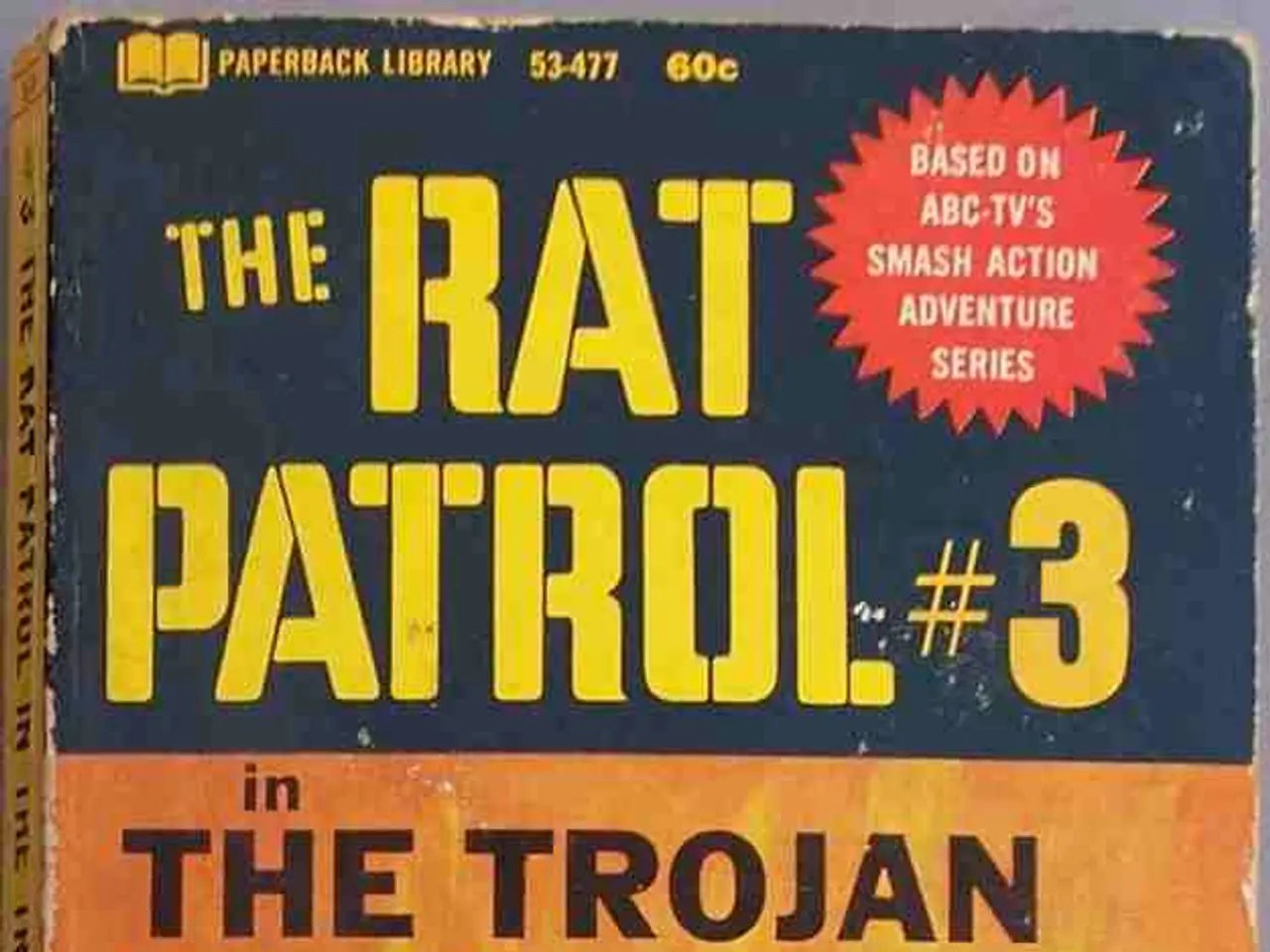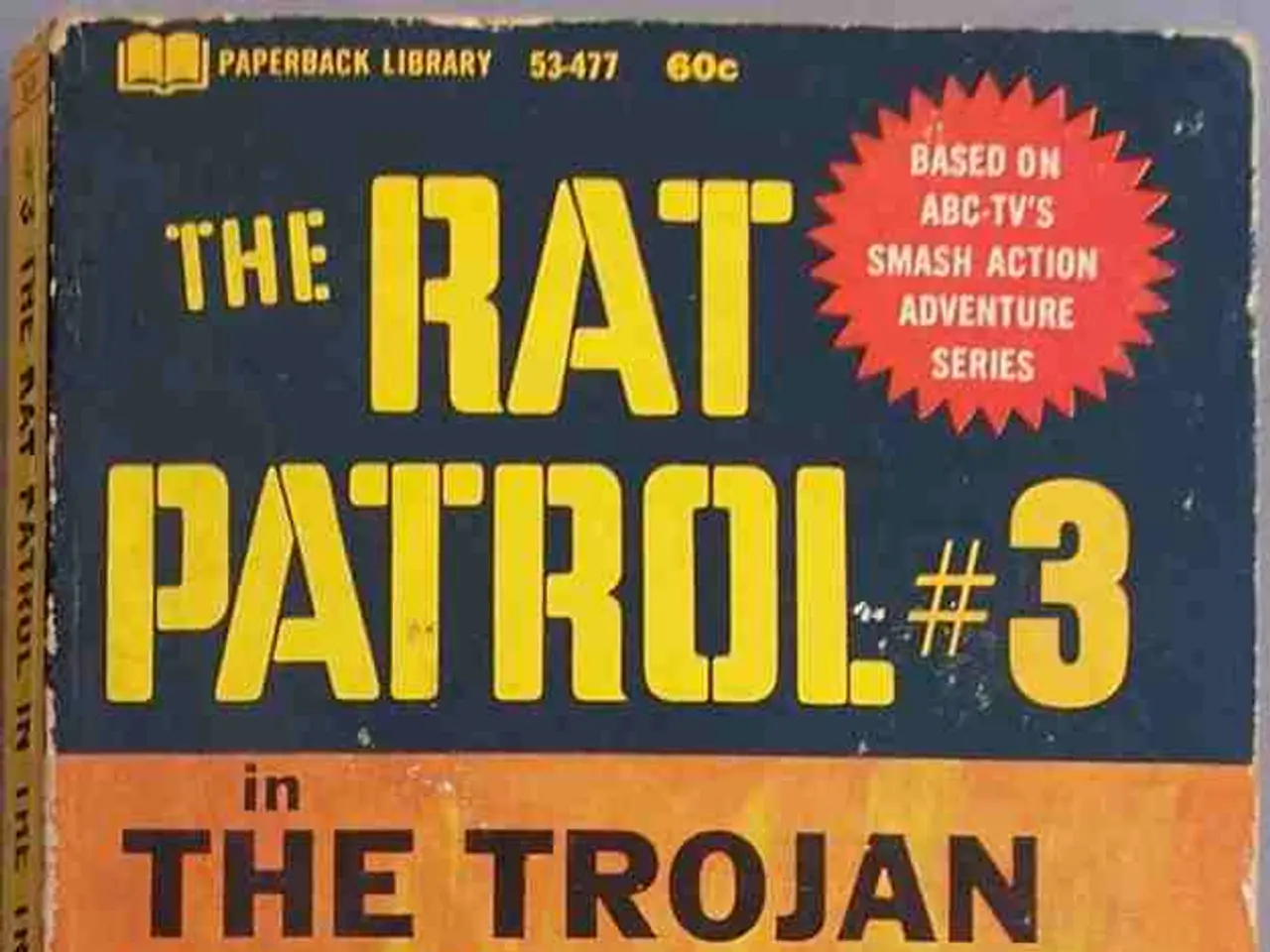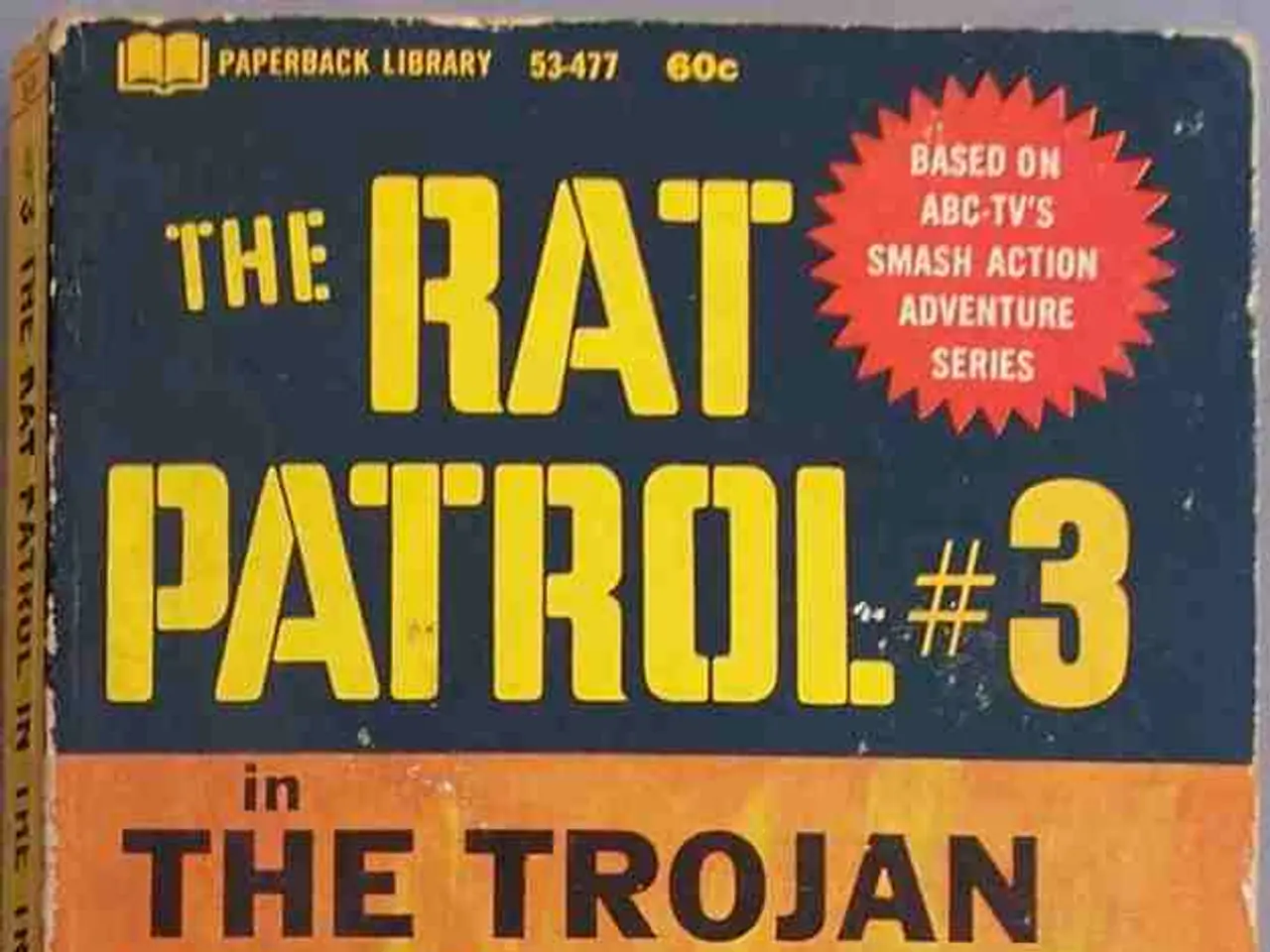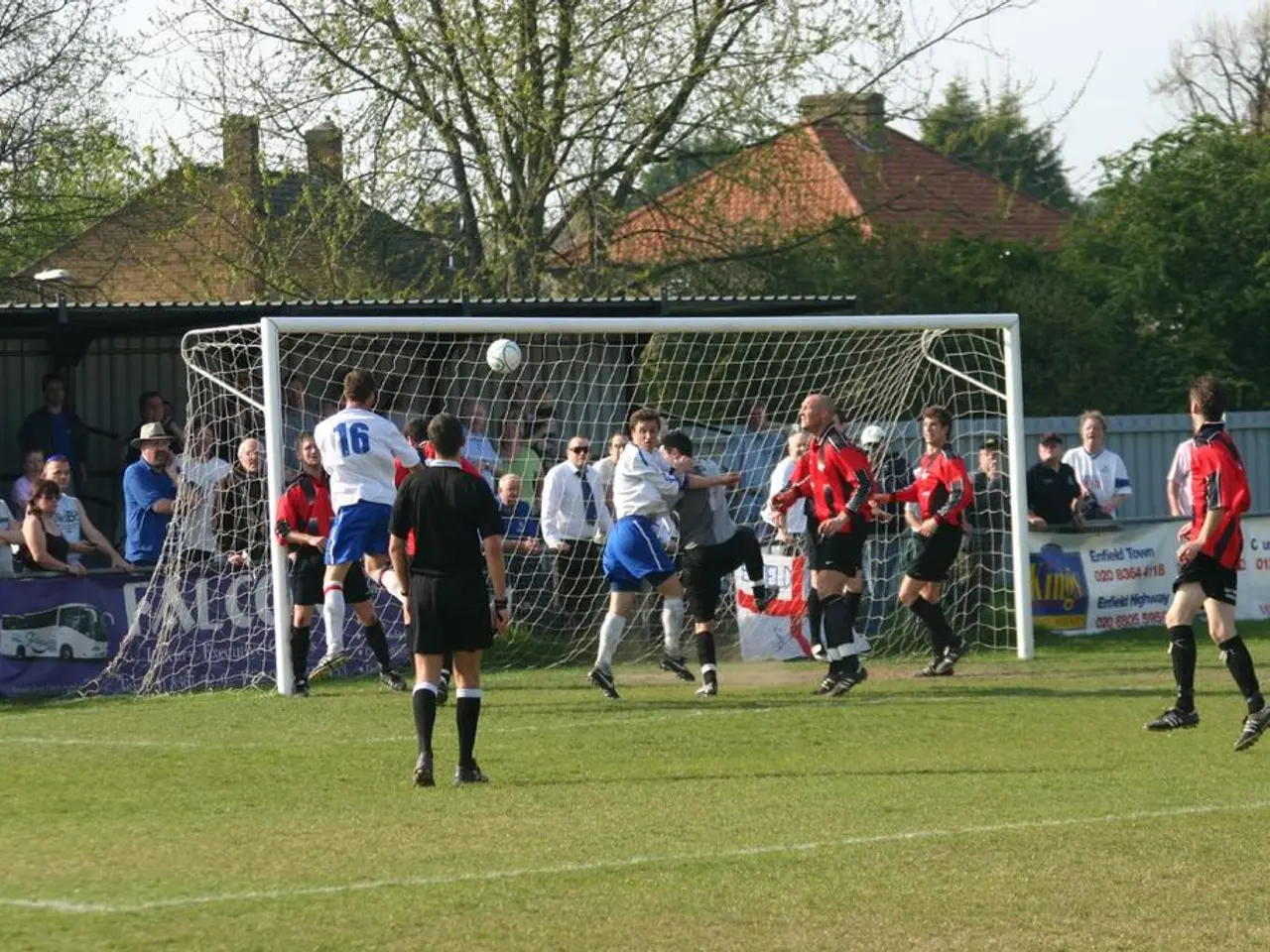Ambassador Soiree in the North: "Homeland Affection" in MV - Federal President with Diplomats on Tour
"Federal President's Affection for MV Showcased on Diplomatic Tour" - German President Embarks on Tour Accompanied by Diplomats, Expressing National Affection
Federal President Frank-Walter Steinmeier took a tour of Mecklenburg-Vorpommern, Germany's northeastern state, alongside over 130 ambassadors and ambassadresses. Topics such as the Middle East situation and the third-year Russian aggression against Ukraine were among the international concerns discussed. Steinmeier noted the challenging times in international politics, citing ongoing conflicts in the Middle East as instances where a negotiated solution would be preferable to war, considering its potentially catastrophic aftermath.
Steinmeier urged Iran to return to the negotiating table to discuss its nuclear program. He believes that dialogue is crucial for finding a permanent and verifiable solution that disarms Iran. "Negotiated solutions are possible - and far better than major wars in the Middle East," Steinmeier emphasized.
The tour, which has been ongoing since 1996, aims to showcase Germany's diverse regions to foreign diplomats. This year, the tour stopped in Mecklenburg-Vorpommern. Minister President Manuela Schwesig (SPD) welcomed the diplomats to lunch at Ulrichshusen Castle, highlighting the state's unique features such as its 2,000 kilometers of Baltic Sea coastline, 2,000 lakes, and three national parks out of 16 in Germany.
Schwesig also reminded the diplomats of the peaceful revolution of 1989 and the significant role that diplomacy played in making German unity possible. The Dean of the Diplomatic Corps, the Apostolic Nuncio, Archbishop Nikola Eterović, thanked for the invitation and spoke about the challenges faced by Mecklenburg-Vorpommern after German reunification, but expressed optimism for the future.
The diplomatic tour featured three stops: first, visiting the Werk of Mecklenburger Metallguss GmbH, a company known for producing large ship propellers, where Steinmeier joined the diplomats; second, lunch at Ulrichshusen Castle; and finally, a reception on the German Navy’s tall ship, "Gorch Fock", in Warnemünde.
Mecklenburg-Vorpommern, with its roots in Germanic and Slavic cultures, offers a rich heritage combined with a vibrant industrial base. Today, it is a region that has not only weathered but thrived through change, presenting a narrative of success that resonates with its famous German term, "homeland affection."
Mecklenburg-Vorpommern’s tumultuous history, encompassing Slavic and German settlements, various rulers, and political systems, has contributed to its complex cultural identity. Its participation in the Hanseatic League exemplifies its role in medieval trade networks, while its contemporary economic vitality and commitment to preserving heritage reflect the broader German culture's dedication to innovation and tradition.
In conclusion, Mecklenburg-Vorpommern embodies the evolving history and culture of northeastern Germany, with its unique blend of historical pride, vibrant industrial sector, and cosmopolitan influences playing a significant role in its identity within Germany and the Baltic region.
- The diplomats, immersed in the context of the Ambassador Soiree, were reminded by Minister President Manuela Schwesig about the importance of diplomacy, as it played a crucial role in making German unity possible, particularly during the peaceful revolution of 1989.
- The federal President, Frank-Walter Steinmeier, speaking about international matters, stressed the significance of negotiated solutions over war, citing conflicts in the Middle East as examples where such solutions can prevent catastrophic aftermaths, aligning with the broader EC countries' policy-and-legislation on free movement of workers, freedom to provide services, and freedom of general-news dialogue.
